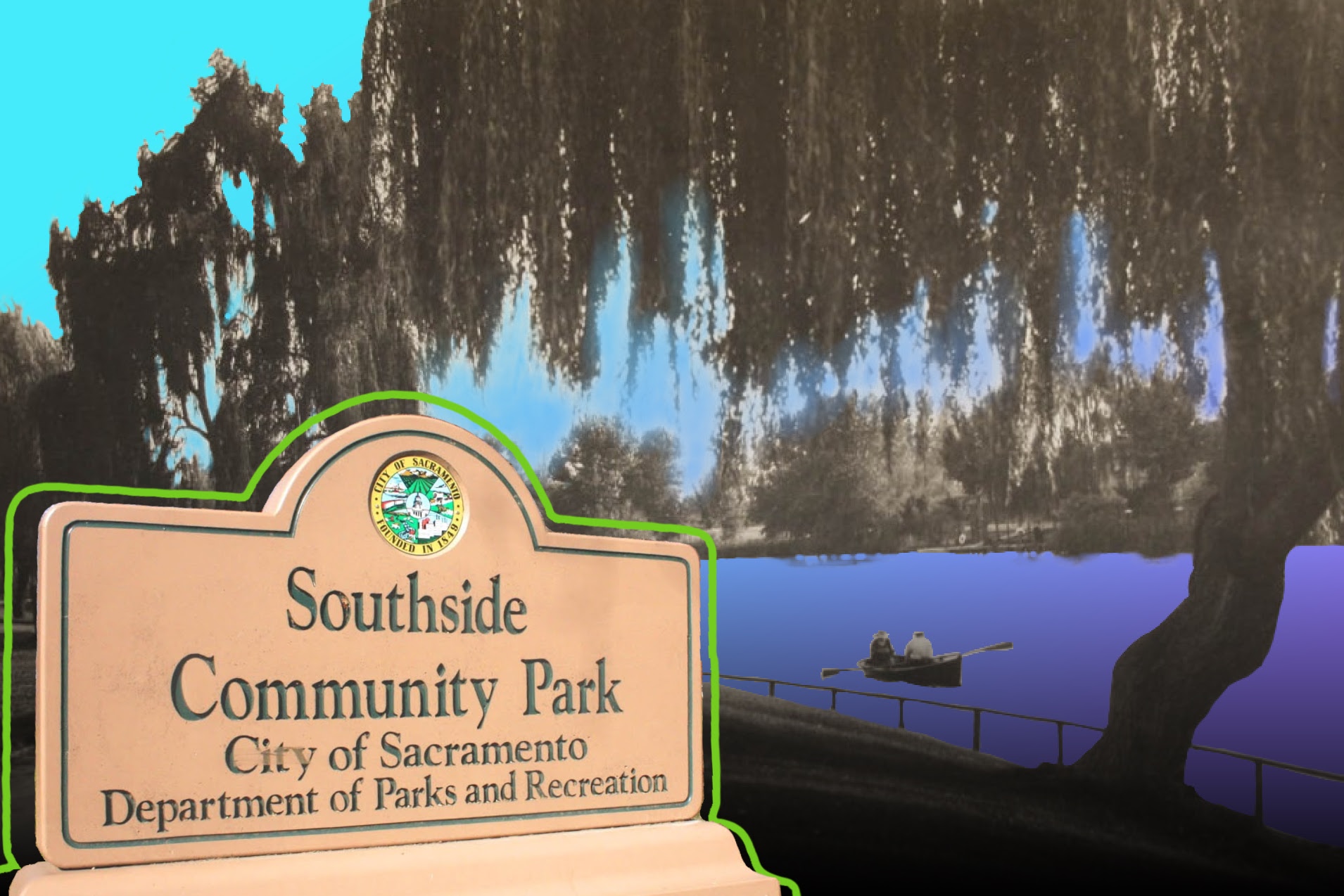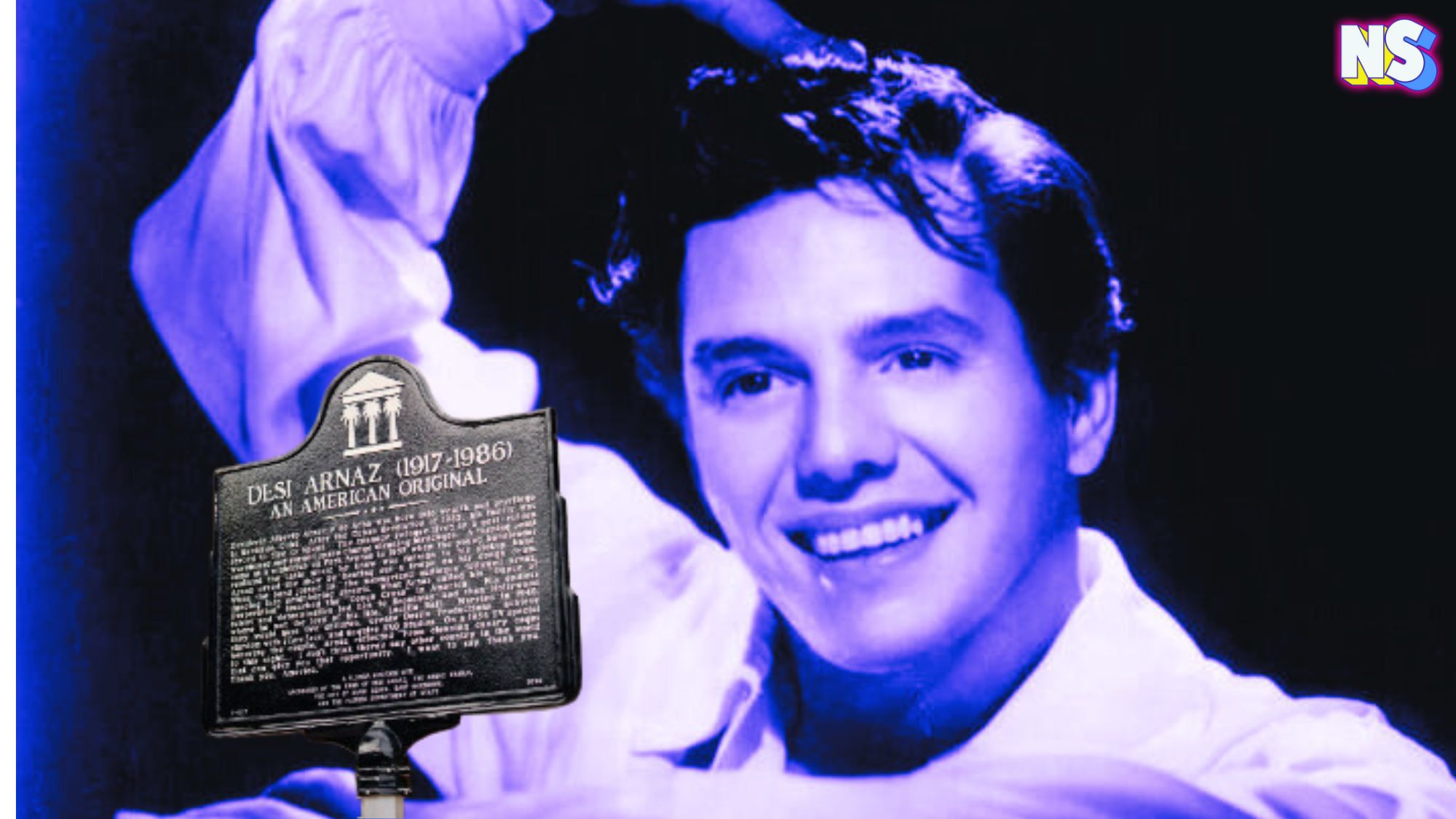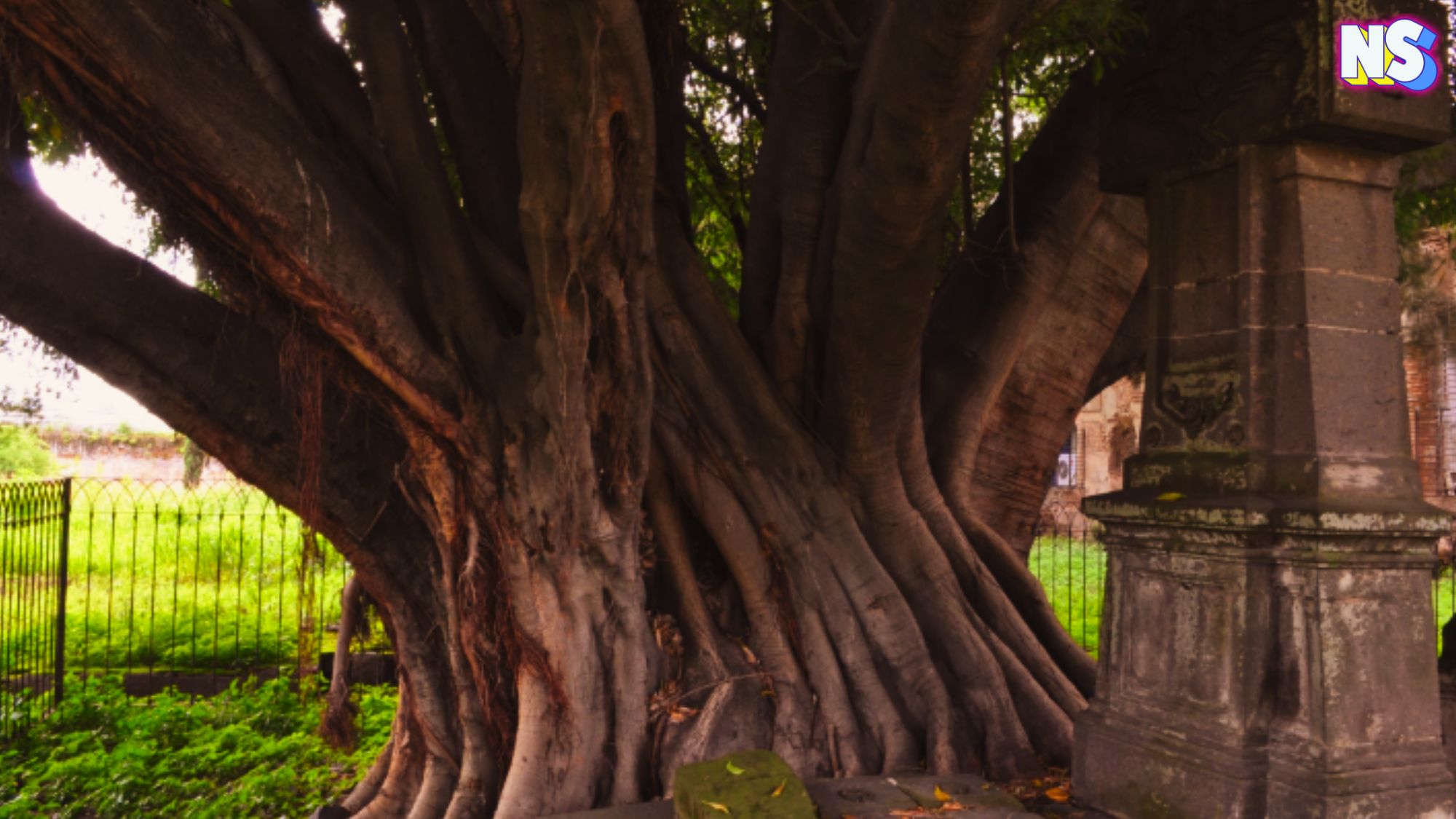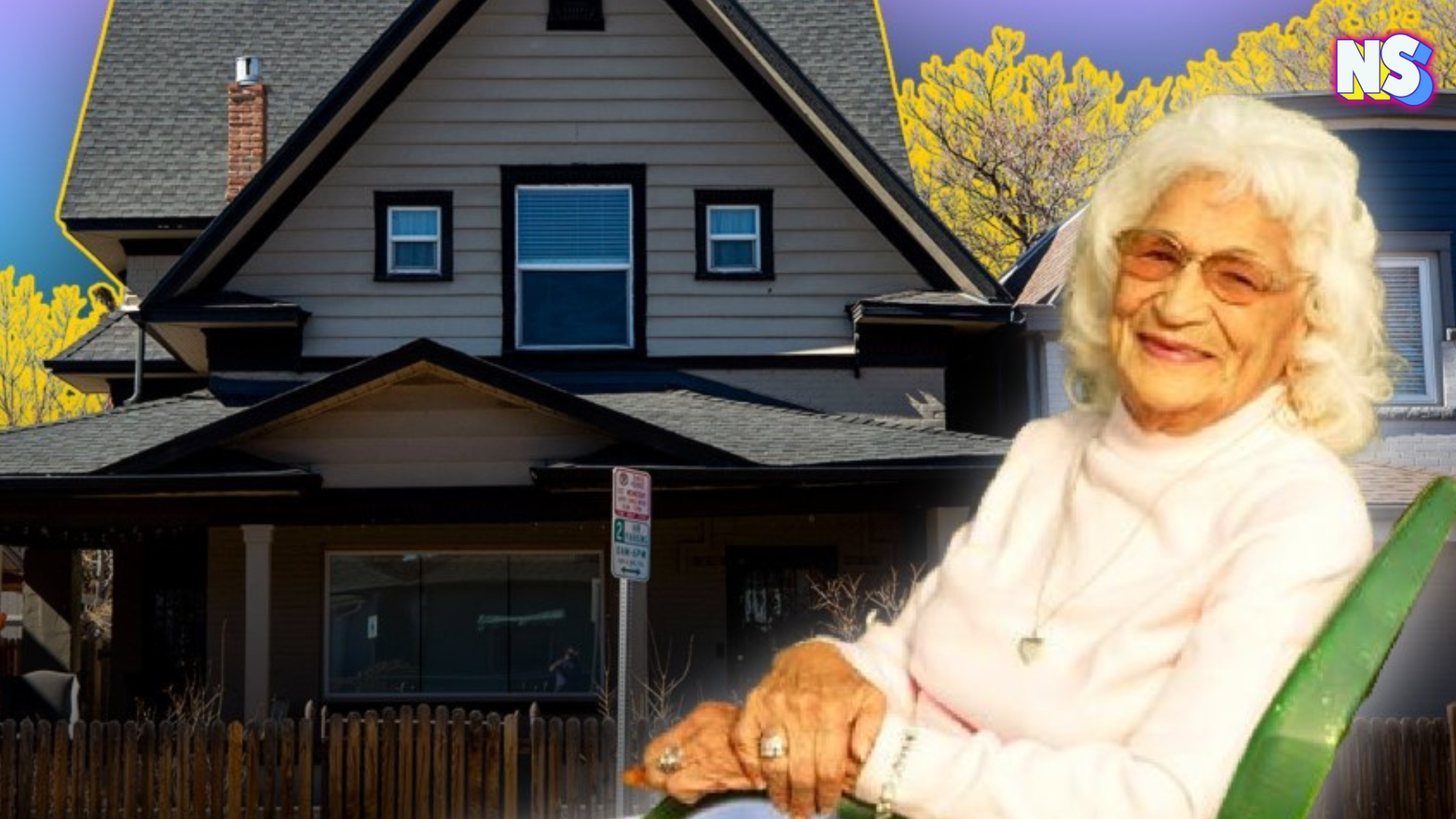Credit: Nuestro Stories
There are few places in Sacramento that the ancestors have touched as heavily as Southside Park. A community hub for Chicanos that pays artistic homage to the beauty, power, history, and unconquerable spirit of a culture.
From Sama to Sacramento
For centuries upon centuries, the area that now holds Southside Park was known as Sama, a town that was home to over a thousand members of the Nisenan Tribe. They existed happily on the land that provided them an abundant supply of water, fish, game, and natural plant life to subsist on.
It wasn’t until 1808 that the first party of colonizers from Mission San Jose made their way to the land in an exploratory trip. Though the Nisenan resisted the missionaries from establishing themselves in the region, in 1839, the colonizer John Sutter began to establish his reign in the area. Between that and the Gold Rush, the land was stolen, and the terrain forever altered. Sama was gone, and Sacramento was born.
‘We’re Not Protesting; We’re Just Taking it Back’
From the late 1800s to the early 1900s, the area now known as Southside Park was a dumping ground for the newly established city that was blooming around it. In 1905, the first inkling of turning it into a park was presented, and it took nearly a decade before it was completed.
Step by step, the park grew from the lake to the playground, to the clubhouse, and eventually the pool, which came in the late 50s.
Read more: This Veterans Memorial in Waco is One of the Largest Ones Founded by a Latino
As the park grew, the neighborhood that surrounded it grew with it. With a population made up of multi-generational and multi-cultural immigrants, Southside Park became a haven. A place to hold celebrations and festivals. There were boat rides, fireworks displays, and areas where communities could come together to exist within each other's spaces, to live and learn from one another.
It was during the 60s that Southside Park became more than just a place to celebrate; it became emblematic of the burgeoning Chicano movement, an offshoot of the greater nationwide Civil Rights movement.
Utilizing a mixture of protest and art as resistance, many of the leading groups of Chicano organizers at the time found a seemingly ancestral comfort amidst the landscape of the park.
Cesar Chavez and the UFW chose Southside Park as their ending point during the infamous 250-mile march from Delano to Sacramento to bring awareness to the severe mistreatment of farmworkers in 1966.
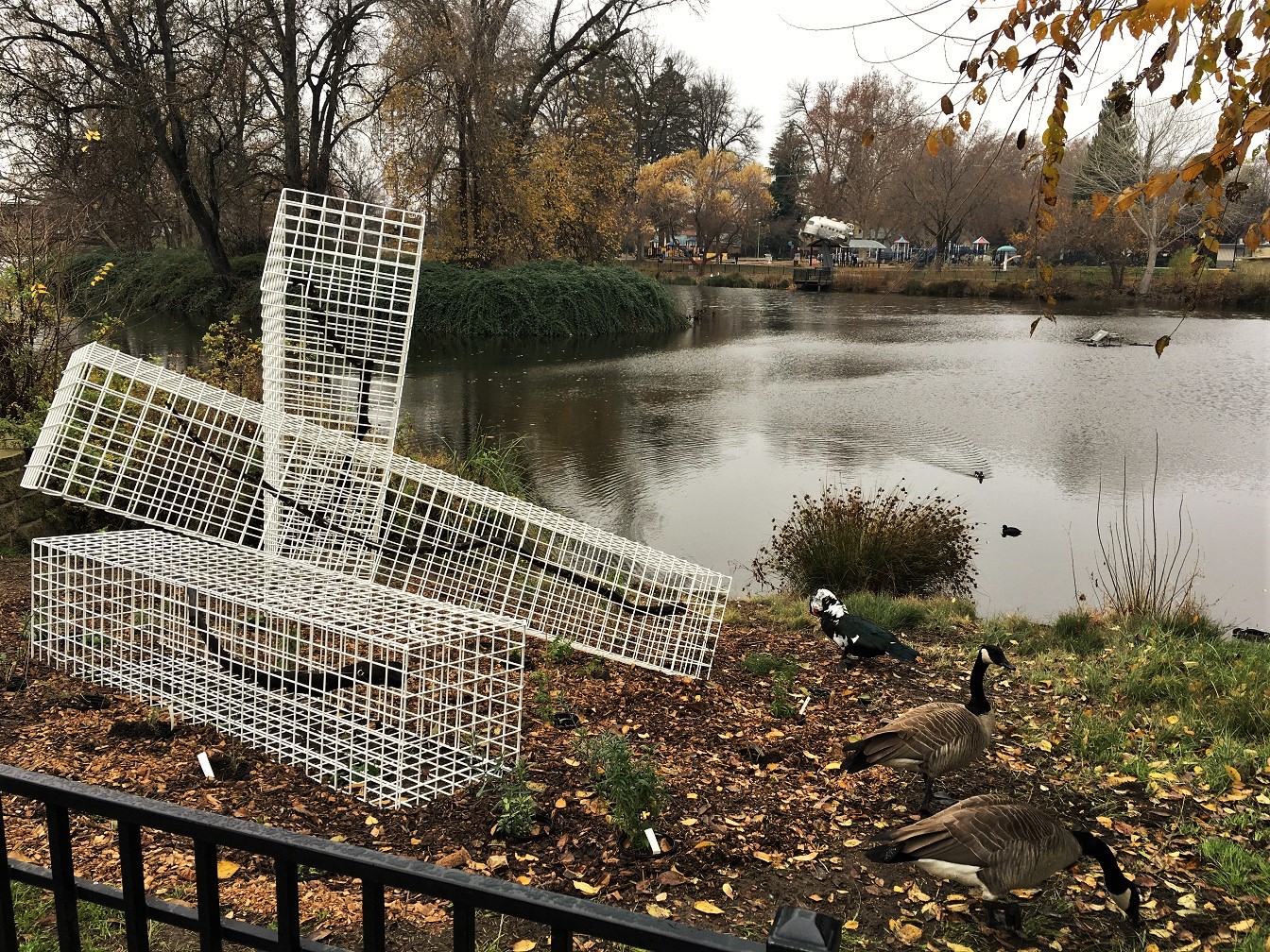
Ten years later, the Royal Chicano Air Force (RCAF), led by Commandante Jose Montoya, created a multi-panel mural that celebrated the beauty of the Chicano culture and highlighted some of the most important points in our history up to that point.
Panels in vibrant colors honoring Cuauhtémoc, the last Aztec ruler of Tenochtitlan, bloomed. Heroes of The Mexican Revolution, the Pachuco Riots, and the ever-present beauty of the lowrider culture spread across the landscape.
To this day, the park continues to be a safe haven for many. A place for family BBQs, festivals, lowrider cruises, and in the carried tradition of the counterculture of the 60s, protests against oppression.
Southside Park is more than just landscape. It is a legacy.
Fun facts:
- Southside Park in Sacramento was and still is known as one of the cultural hubs for the Chicano population of the city.
- The Southside Park garden was the first of the community gardens developed by the city.
- The theme of Southside Park's, "Universal Universe," playground is "the solar system."
- One of the park’s earlier events included a water carnival that was attended by more than 10,000 people on May 31, 1911.
- Today, the 19.9-acre Southside Park includes a clubhouse, a fitness course, a jogging trail, a basketball court, and other amenities.
Location: Sacramento, California
Address: 2115 6th St Sacramento, CA 95818
Google 360⁰ View: Visit the Southside Park here.
https://draft.nuestrostories.com//wp-content/uploads/2022/06/headshot-250x250.jpg

